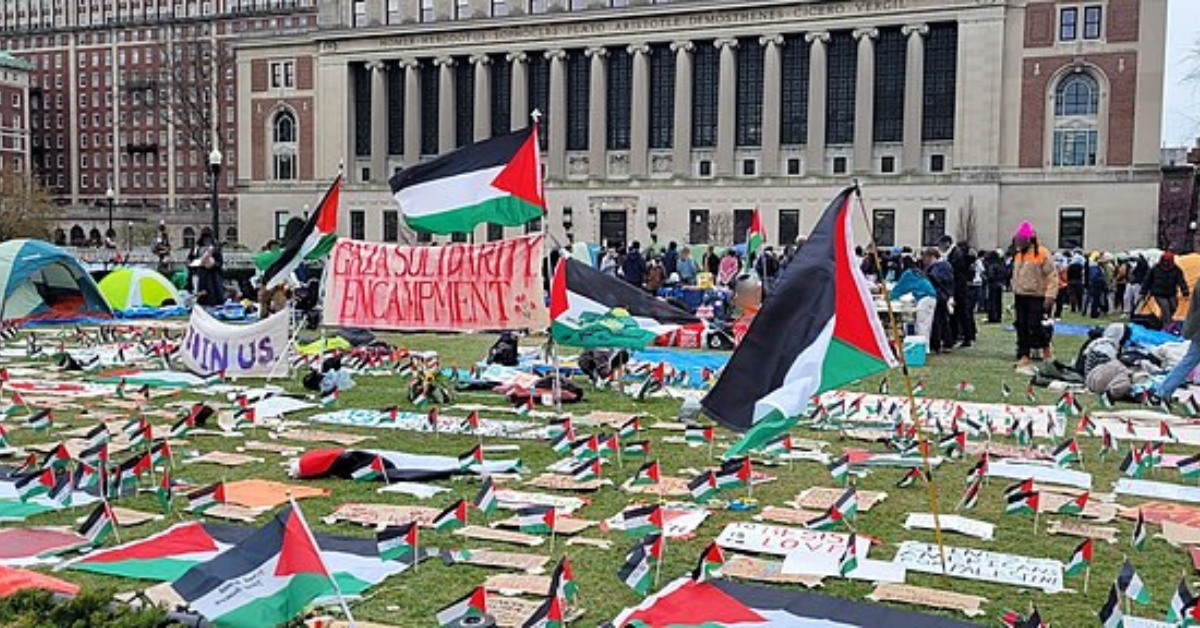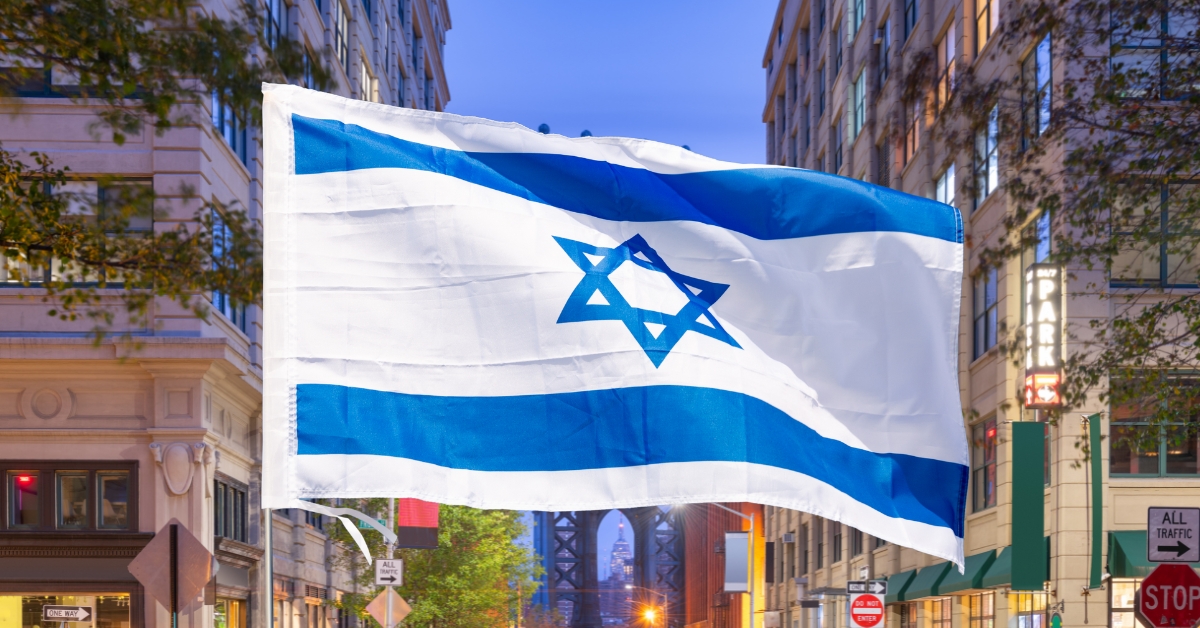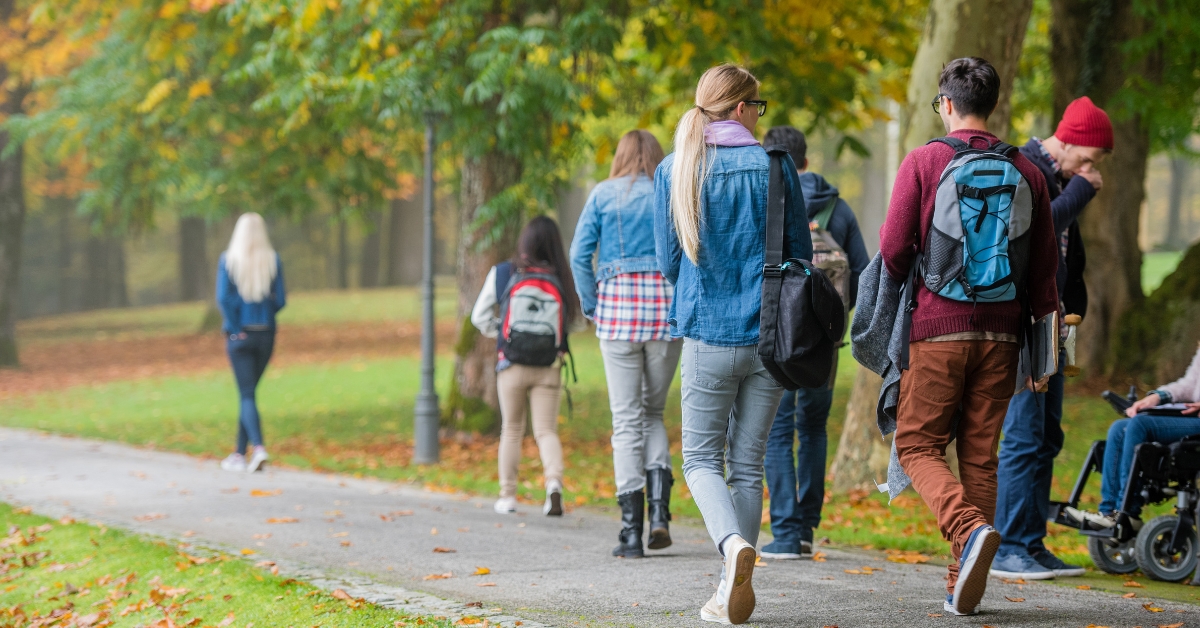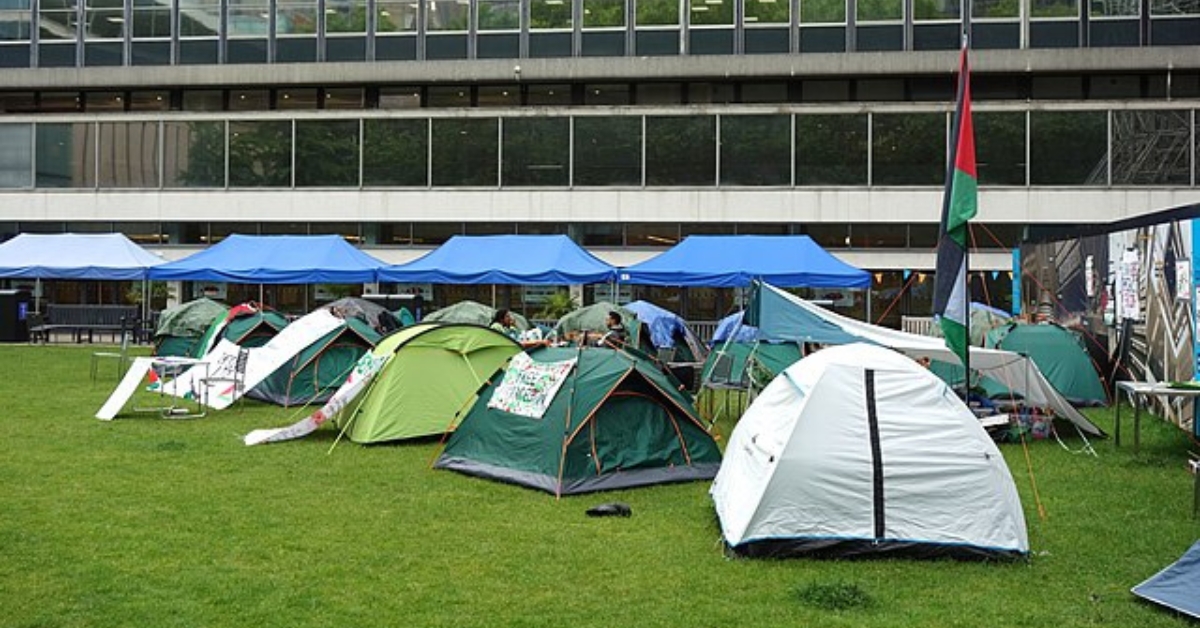
University of Maryland Allows Pro-Palestinian Group to Hold Event on October 7th
In a recent ruling that stirs considerable debate over the balance between free speech and campus safety, the University of Maryland has been mandated by a district court to permit a pro-Palestinian student group, Students for Justice in Palestine (SJP), to host a vigil on October 7—the one-year anniversary of Hamas’ brutal attack on Israel. This court decision, handed down by a Clinton-appointed judge, underscores a pivotal clash between constitutional rights and communal concerns.
The university initially greenlit the SJP event but reversed its decision, citing potential disruptions and the sensitive nature of the date, reflecting on a violent episode that remains a fresh wound in the hearts of many. This cautious approach, however, was overruled by the court on the grounds that it was neither viewpoint- nor content-neutral, a decision that could set a controversial precedent regarding what universities can regulate on campus.
Judge Peter J. Messitte’s ruling emphasized that while the SJP is free to express its views, any form of misconduct not protected by the First Amendment—such as threats, violence, or property damage—will not be tolerated. This decision paints a stark picture: the university must tread a fine line between upholding free speech and ensuring the security and well-being of its community.
If history is any guide, events held by pro-Palestinian groups, often veering into explicit support for Hamas, have repeatedly manifested as venues for violent, inflammatory, and Antisemitic expressions. Such events not only stir significant security concerns but also create deeply hostile environments for Jewish students, particularly on poignant dates like October 7th.
As universities navigate the complex terrain between upholding free speech and ensuring campus safety, the presence of an SJP event on such a charged anniversary raises serious concerns. It’s not just a matter of free expression; it’s about the real impact on campus harmony and the safety of all students. The potential for these gatherings to degenerate into forums that foster hatred and discrimination against Jewish students cannot be dismissed lightly.
Institutions of higher learning are indeed required to maintain a delicate balance, but they must also be vigilant in their duty to protect all members of their community from targeted hostility. The uncomfortable reality for Jewish students on October 7th, forced to face an event that could very well celebrate the very forces responsible for significant suffering and loss within their community, is a stark reminder of the challenges and responsibilities facing our educational institutions today.














